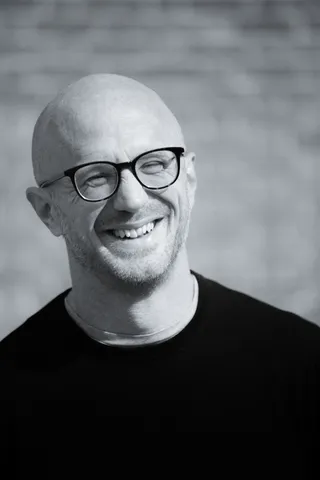What We Talk About When We Talk About Complexity

"The more complex the problem, the simpler the solution must be." - Dr. Eli Goldratt
Imagine two systems.
System A:

System B:

Which is more complex?
Our first answer might be that "A" is more complex. After all, it has more pieces. Not only that, all the pieces are interconnected.
We know that when we have a lot of pieces and a lot of connections, things get confusing, fast - there's an exponential growth in the number of things happening at any one time. That certainly feels complex.
But there's another way of thinking about complexity, and that's as a function of degrees of freedom.
A system with fewer degrees of freedom means that fewer variables explain the system as a whole, and fewer points of leverage are required to control the system.
That may sound abstract, but think of it this way:
Looking back at System A and System B...
How many points in each system would you have to touch in order to change the entire thing?
For System B, you'd have to touch each of the four elements to change the whole.
For System A, you'd only need to touch one.
System B has four degrees of freedom...System A only has one.
Which system, then, is easier to change?
System A.
And it isn't close.
---
The idea of "complex" systems having fewer degrees of freedom - and thus, being far easier to change - is a source of deep optimism for me. Hell, it might be the source of optimism.
Take, as an example, someone trapped in a "bad marriage." Things have gone cold, no one's getting their needs met, and things feel too far gone to ever change.
Marriages are complex systems - they have interlocking parts and patterns of behavior that emerge from the way those parts interact. People do things in the context of their romantic relationships that they would never do on their own.
It's exactly because people become so deeply enmeshed within their relationships (even, or especially, the miserable ones) that those relationships have the capacity for change.
As sex therapist David Schnarch puts it:
"Changing yourself always pressures your partner to change, because that’s how intimate relationships work. But here’s the really important thing that may help you stop pushing your partner to change: The partner who wants to change things always has the most control. That’s because you can change your relationship unilaterally by simply changing yourself. The status quo only exists as long as you and your partner agree it does."
Let's say it again:
The partner who wants to change things always has the most control.
This principle isn't limited to marriages.
The same goes for your friendships.
The same goes for your workplace.
The same goes for politics.
The more complex things feel the more connected things are.
The more connected things are, the more power you have.
If that's not a reason for optimism, what is?
Yours,
Dan
COOL STUFF TO READ:

While I don't have any strong opinions about the intersection of AI and crypto, particularly, the broader issue of AI companions has left me feeling...off. It is hard, in the end, not to feel that this is not going to end well for us.
Better Questions Newsletter
Join the newsletter to receive the latest updates in your inbox.

